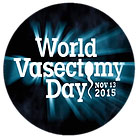A safe, oral contraceptive pill for men has yet to be made available, but recent research on ouabain, an ancient African arrow poison, may be the key to developing the ever elusive male birth control.
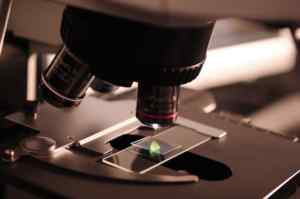 Led by a small team of scientists from the Institute for Therapeutics Discovery and Development at the University of Minnesota, the search for a non-hormonal male birth control pill ultimately zeroed in on the toxic substance known as ouabain. Found in two types of African plants, ouabain was traditionally used as poison on hunting arrows and is sometimes medically used to treat heart arrhythmias.
Led by a small team of scientists from the Institute for Therapeutics Discovery and Development at the University of Minnesota, the search for a non-hormonal male birth control pill ultimately zeroed in on the toxic substance known as ouabain. Found in two types of African plants, ouabain was traditionally used as poison on hunting arrows and is sometimes medically used to treat heart arrhythmias.
In addition to disrupting ion-transporting proteins in cardiac tissue, ouabain is known to affect a transporter subunit found only in sperm cells, an integrin called α4. Because α4 plays a major role in male fertility, research has focused on developing an ouabain-based contraceptive that would specifically bind to the α4 protein and disrupt sperm motility.
This newly created derivative compound, designed to target α4 proteins in sperm cells, has successfully interfered with the cells’ ability to swim and fertilize eggs—without any signs of toxicity when tested on rats. Moreover, the contraceptive effect should, hypothetically, also be reversible since the α4 protein is only found in mature sperm cells.
While there’s still plenty of testing left to do before this pill hits the market, current studies have been extremely promising. The University of Minnesota researchers plan to test the effectiveness of their ouabain-based compound in animal mating trials before moving on to toxicology and safety pharmacology studies. If all goes well, human clinical trials may launch within five years.
A safe, reversible male birth control pill is clearly within reach!
 The height of the eugenics movement (1920s to mid-20th century) saw compulsory sterilization programs established in over 30 states, resulting in over 60,000 sterilizations of often healthy people. Criminals and prison inmates were especially targeted, as well as those deemed “feeble-minded,” mentally deficient, or simply capable of passing on undesirable genes.
The height of the eugenics movement (1920s to mid-20th century) saw compulsory sterilization programs established in over 30 states, resulting in over 60,000 sterilizations of often healthy people. Criminals and prison inmates were especially targeted, as well as those deemed “feeble-minded,” mentally deficient, or simply capable of passing on undesirable genes. It might seem odd to dedicate an entire day to vasectomies, but for Dr. Shu and the other 1,200 doctors participating in World Vasectomy Day on November 17, it’s an important event that spreads awareness on the most effective but underutilized methods of contraception: the vasectomy.
It might seem odd to dedicate an entire day to vasectomies, but for Dr. Shu and the other 1,200 doctors participating in World Vasectomy Day on November 17, it’s an important event that spreads awareness on the most effective but underutilized methods of contraception: the vasectomy.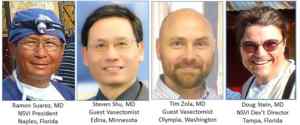
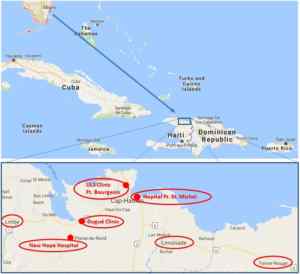

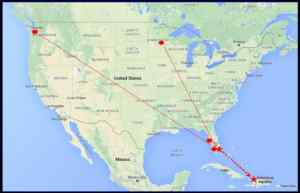

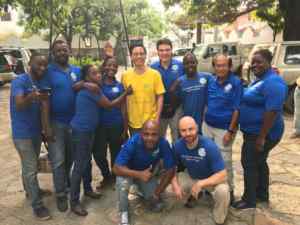
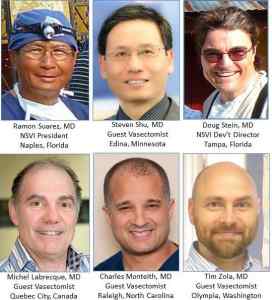
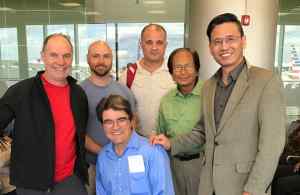









 NSVI group after lectures at Southwestern University[/caption]
NSVI group after lectures at Southwestern University[/caption]